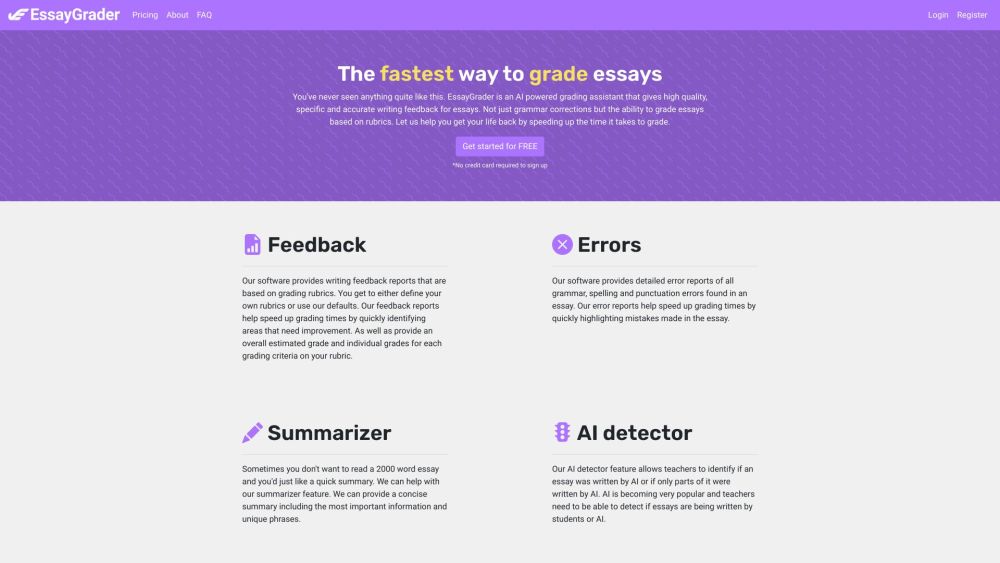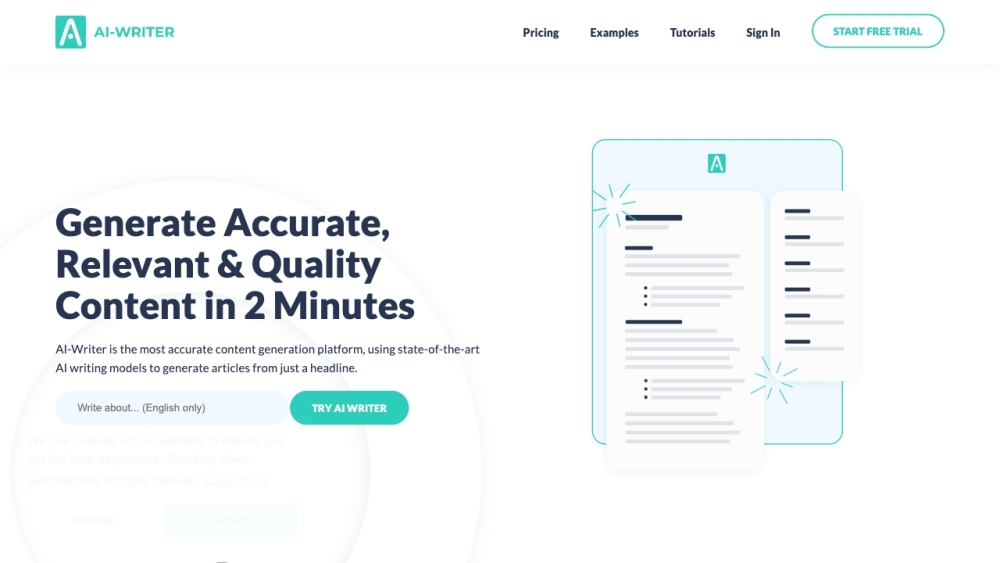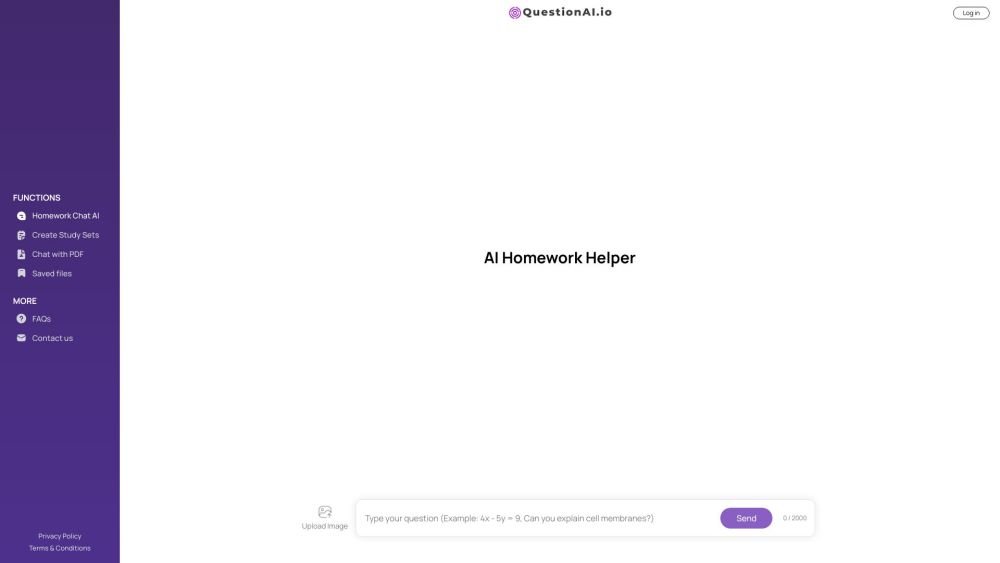Google Launches Multilingual PaLM 2 Language Model Designed for Code Generation
Most people like

An innovative online tool designed for educators to efficiently grade essays and papers, delivering AI-driven feedback to enhance student learning.

Elevate your productivity with ScriboWriter, your ultimate solution for crafting emails and generating high-quality content effortlessly.

AI-Writer.com: Your reliable AI platform for crafting unique, original, and precise articles tailored to your needs.

In today’s fast-paced educational landscape, students often find themselves juggling multiple responsibilities, making homework a challenging task. Artificial Intelligence (AI) homework help is revolutionizing the way students tackle assignments by providing personalized support and instant resources. This innovative approach empowers learners to enhance their understanding of complex subjects, improve their grades, and manage their time effectively, all while fostering a deeper engagement with their coursework. Explore how AI can be your ultimate study companion and streamline your academic journey!
Find AI tools in YBX

